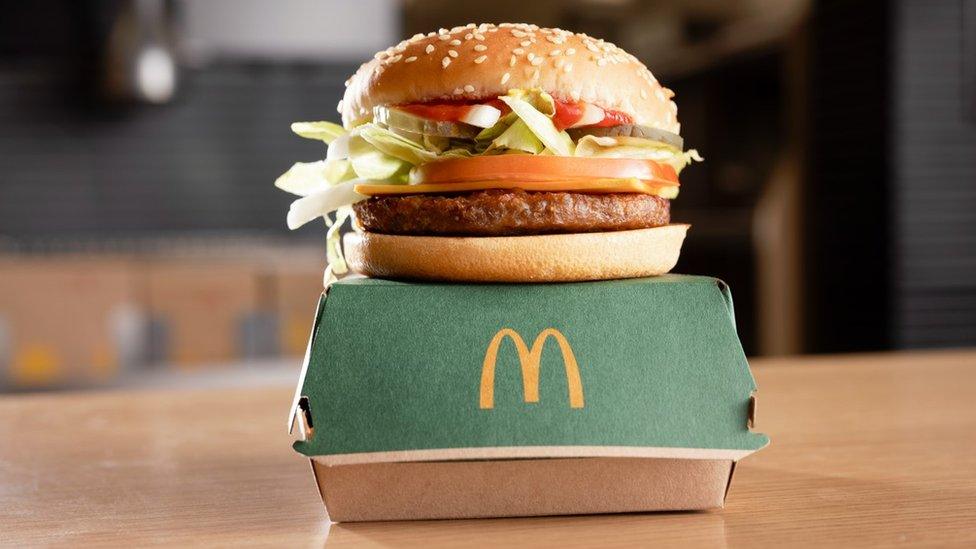Oatly ads banned over 'misleading' environmental claims
- Published
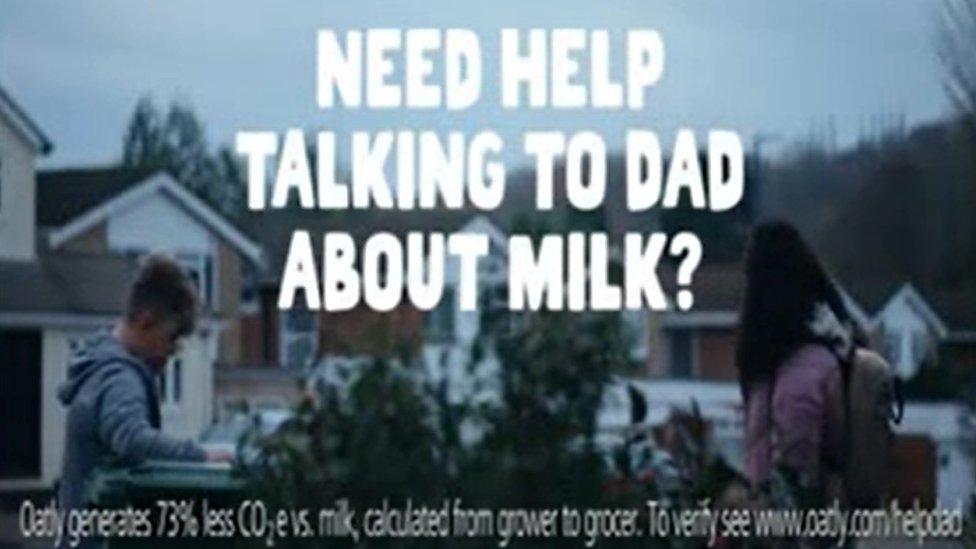
Plant-milk brand Oatly has been told not to repeat some of its adverts, after complaints to the Advertising Standards Authority (ASA) were upheld.
The ads, which used the slogan "Need help talking to dad about milk?", made unsubstantiated environmental claims, the ASA found.
First published in January 2021, the ads compared the carbon footprint of Oatly's milk with dairy milk.
They also compared vegan to omnivorous diets in general.
But, following 109 separate complaints, the firm failed to provide the evidence to back up many of its claims, the ASA found.
"It's clear that we could have been more specific in the way we described some of the scientific data," Oatly spokesman Tim Knight said.
"We're a science-based company and take pride in being precise, but we could have been clearer."
The ASA has made clear it will take a tougher stance on firms making environmental statements. The regulating body said last year it would be scrutinising such claims closely and has already ruled against a Lipton tea ad which claimed its plastic bottles were "100% recycled plastic" while the small print explained that did not include the lid or label.
The Oatly television advertisements which attracted viewer complaints featured a man sneaking into his home and putting a bottle of traditional milk in the fridge. He was interrupted by his son who questioned his choice of milk.
Text on screen stated that "Oatly generates 73% less CO2e vs. milk, calculated from grower to grocer".
But the ASA said the ad was misleading because Oatly based the claim on comparing one of its products, Oatly Barista Edition, with full cream milk. The ASA said consumers would understand the claim to include all of Oatly's products.
A related social media-based ad campaign included the text: "The dairy and meat industries emit more CO2e than all the world's planes, trains, cars, boats etc., combined".
The ASA said Oatly had not compared like for like. It compared the full lifecycle of the meat and dairy industry including emissions from producing feed, using fertilisers, and transporting the food, with figures from the transport industry which only reflected emissions coming directly from the vehicles.
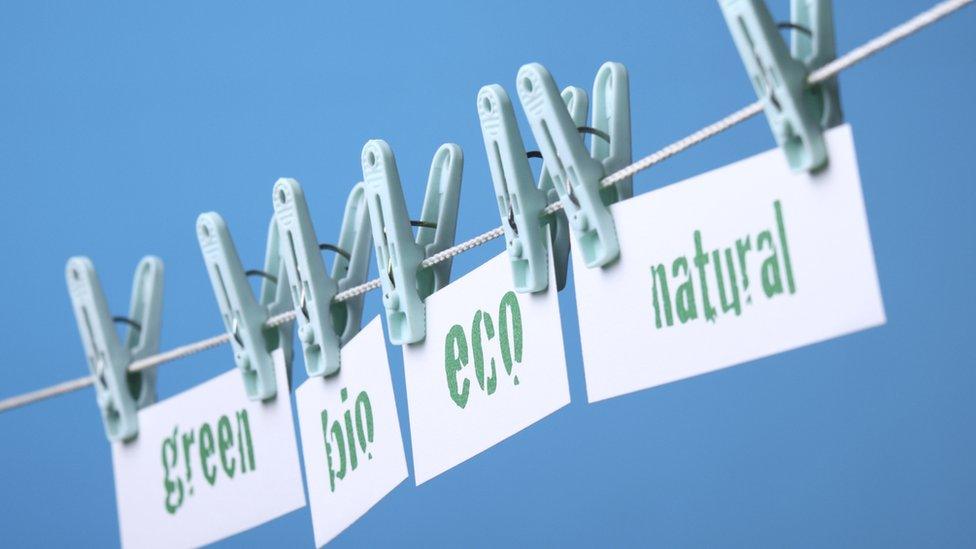
The ASA has been targeting greenwashing ads and buzzwords not backed by scientific evidence.
Oatly was founded in the 1990s, and has grown rapidly on the back of the expanding market for dairy alternatives. The Swedish brand is now sold in 20 countries. Last year it attracted investment from Oprah Winfrey, Jay-Z and private equity group Blackstone, before floating on the US stock market.
The firm targets younger consumers with advertising that is overtly pro-vegan, appealing to their sense of virtue around dietary choices and climate change, while gently mocking older consumers for being resistant to change.
In two newspaper ads Oatly said: "Today, more than 25% of the world's greenhouse gases are generated by the food industry, and meat and dairy account for more than half of that".
The ASA said this ad was misleading because Oatly had held meat and dairy to include fish and eggs, whereas consumers might assume it referred to a narrower definition.
A further claim, that "Climate experts say cutting dairy and meat products from our diets is the single biggest lifestyle change we can make to reduce our environmental impact" also overstated the evidence, the ASA said.
While Oatly identified Joseph Poore, the author of what the ASA described as "good quality" meta-analysis in this area, consumers would have assumed that the ad referred to a scientific consensus involving several experts, the ASA said.
However the ASA did not uphold complaints against a further claim that "If everyone in the world adopted a vegan diet, it would reduce food's annual greenhouse emissions by 6.6bn metric tons (a 49% reduction)", which the advertising regulator said was substantiated by Mr Poore's analysis and by a report from the Institute for Climate Economics.
Related topics
- Published20 May 2021
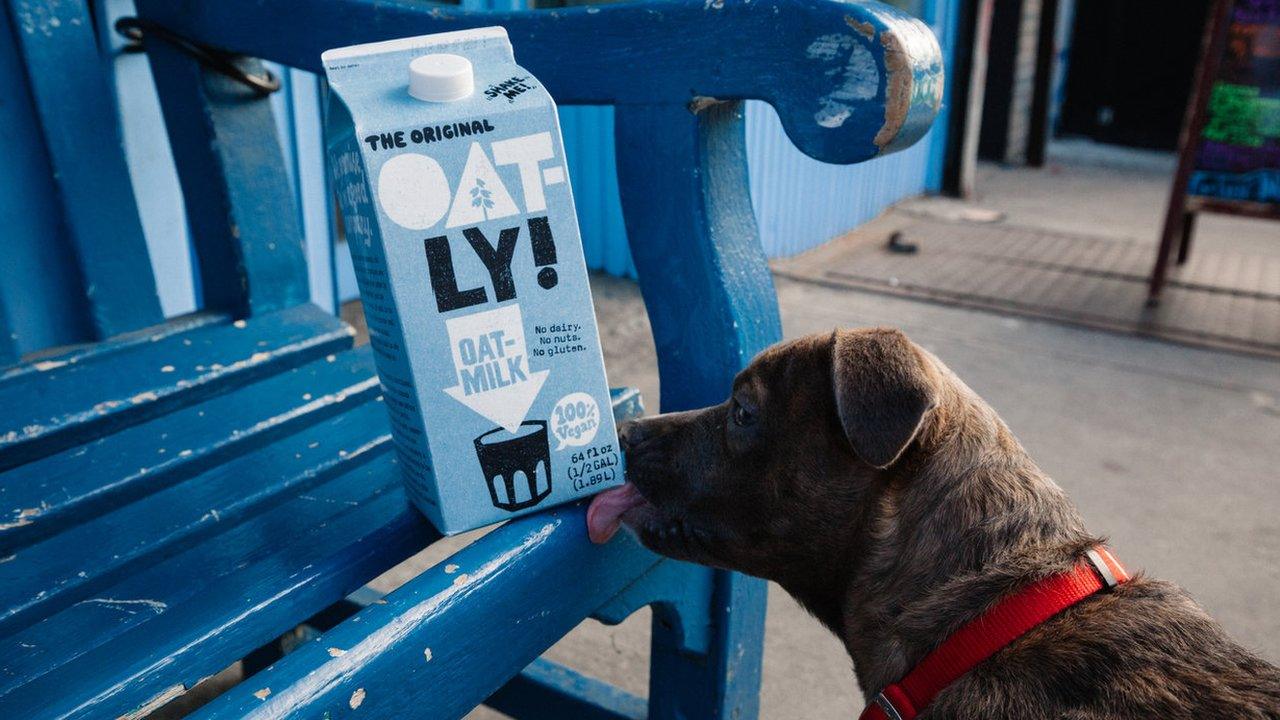
- Published23 September 2021
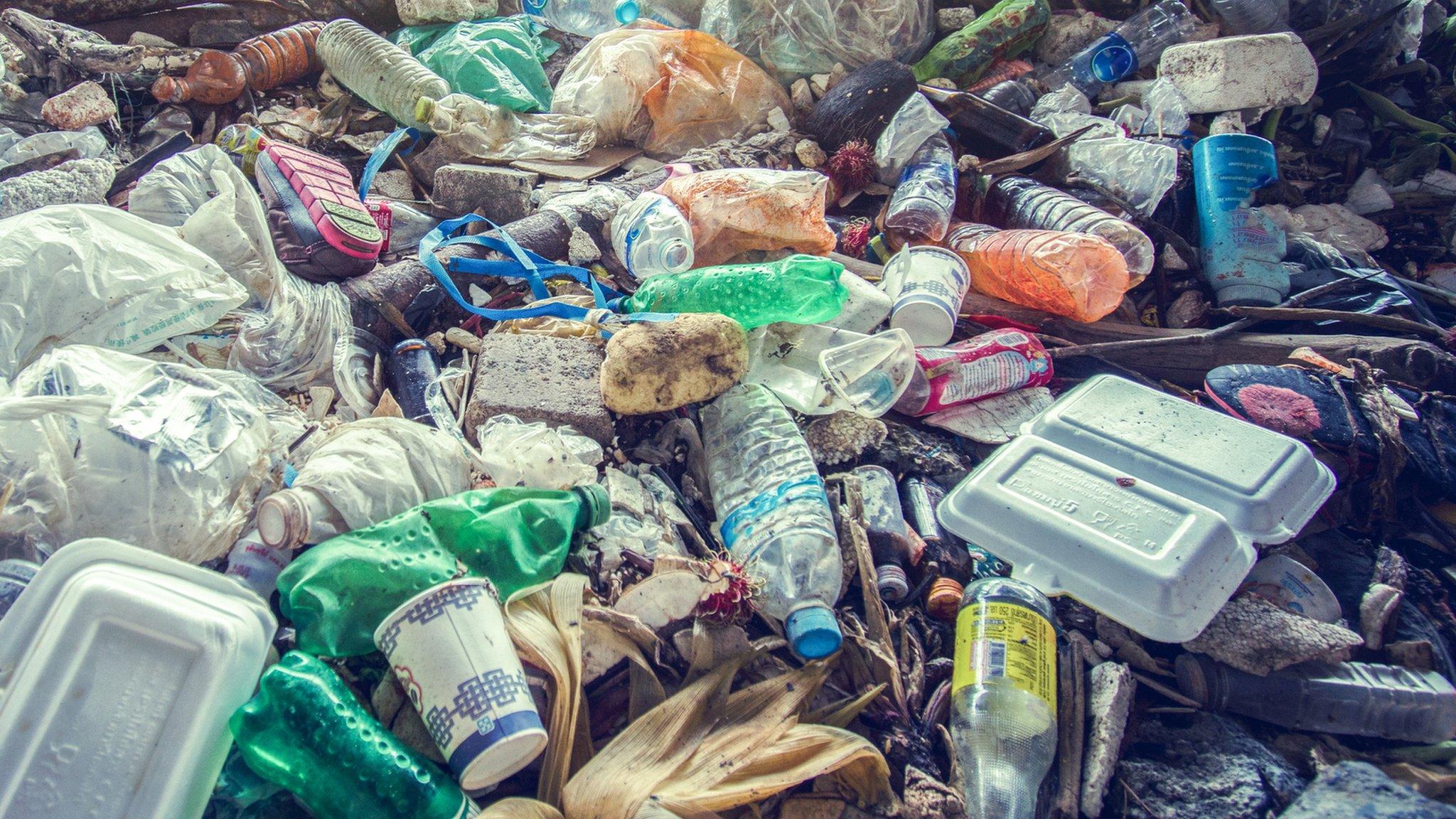
- Published10 June 2021

- Published8 October 2021
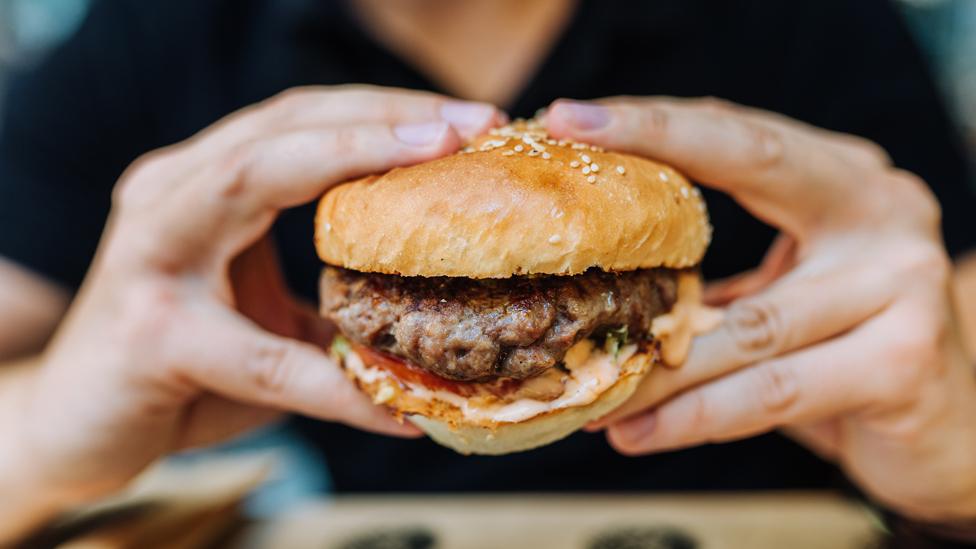
- Published14 September 2021
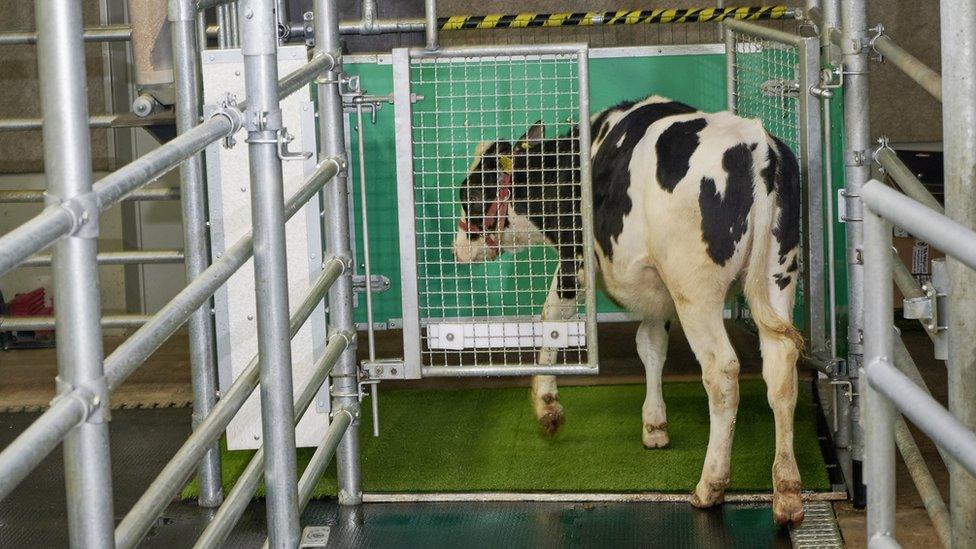
- Published27 November 2023
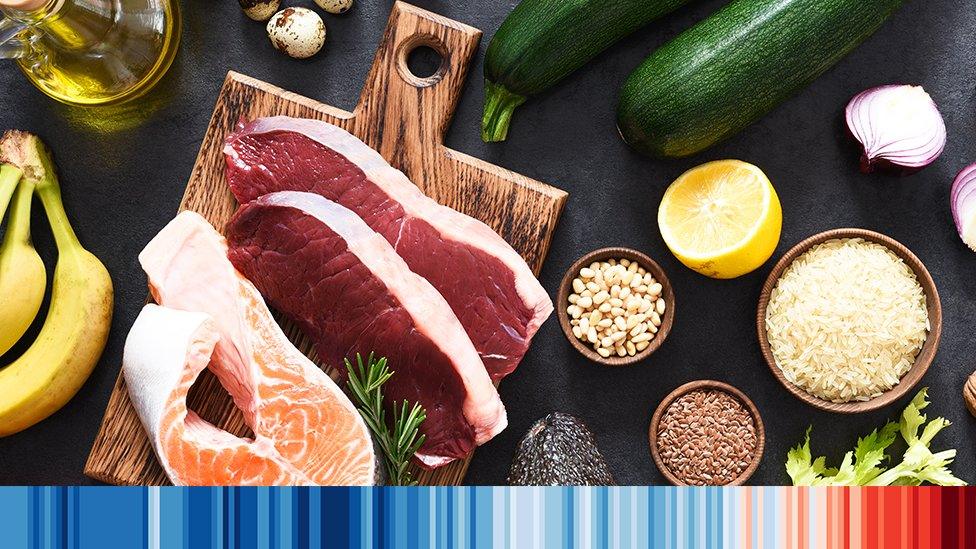
- Published20 January 2022
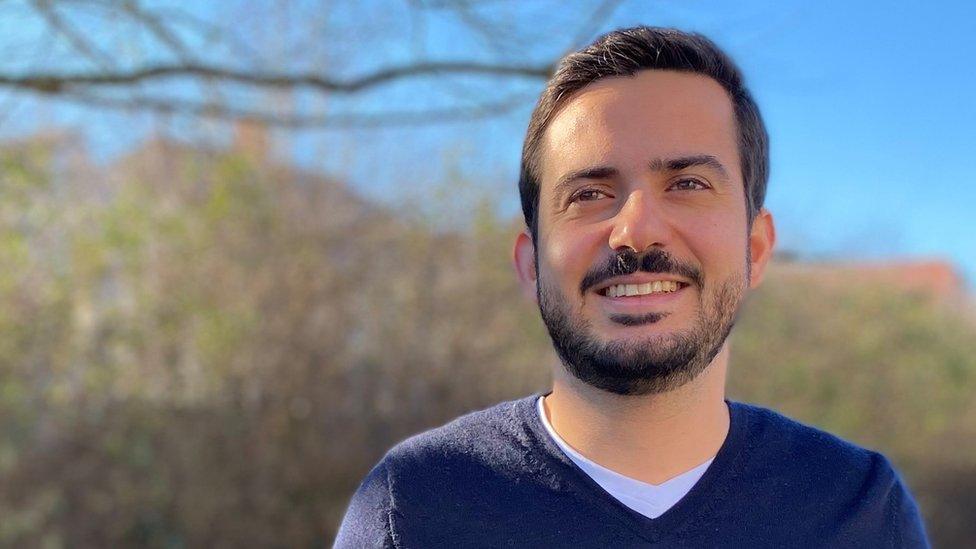
- Published9 September 2021
